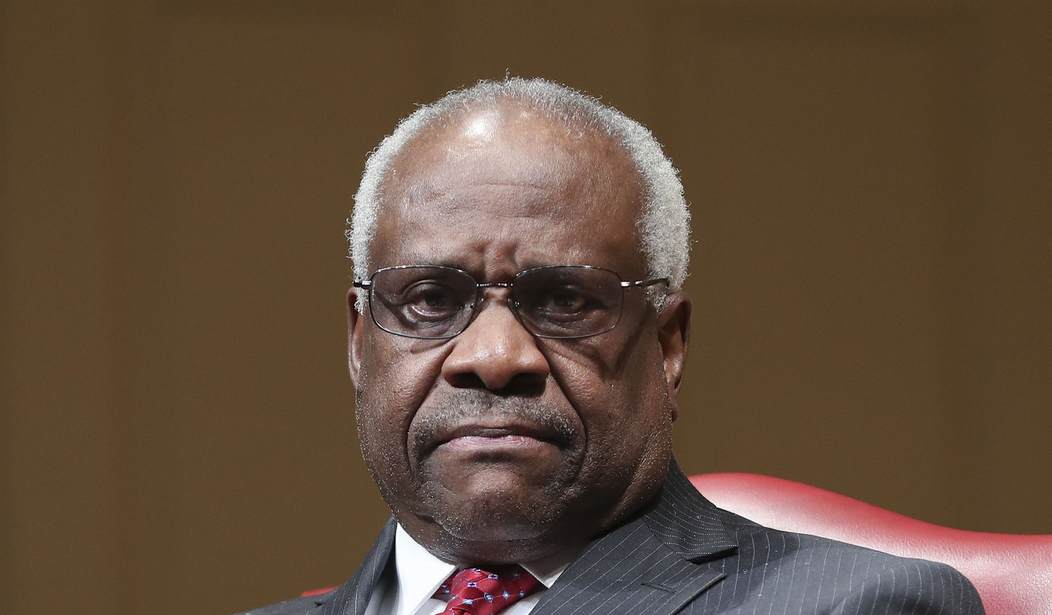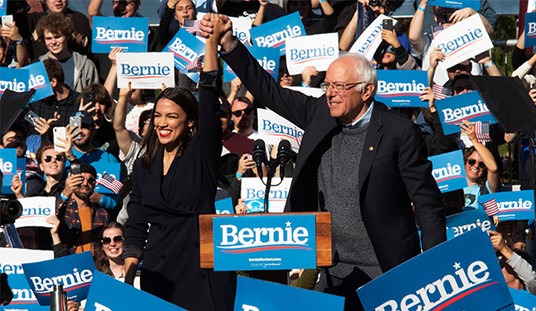On Monday the Supreme Court threw out a case involving President Donald Trump blocking users from his Twitter page. Since Trump has been permanently removed from the platform by Twitter executives, the case is no longer relevant.
However, Justice Clarence Thomas took the opportunity to comment on the extensive power big tech companies have and whether they should or can be regulated by the government.
In the order vacating the case, Thomas wrote extensively about President Donald Trump's Twitter feed, Twitter's decision to ban him permanently from the platform, Amazon's book banning and whether big tech can be regulated like a public utility, given its extensive reach and power.
Here are the pertinent details grabbing people's attention, especially in Silicon Valley:
Some aspects of Mr. Trump’s account resemble a constitutionally protected public forum. But it seems rather odd to say that something is a government forum when a private company has unrestricted authority to do away with it. The disparity between Twitter’s control and Mr. Trump’s control is stark, to say the least. Mr. Trump blocked several people from interacting with his messages. Twitter barred Mr. Trump not only from interacting with a few users, but removed him from the entire platform, thus barring all Twitter users from interacting with his messages Under its terms of service, Twitter can remove any person from the platform—including the President of the United States—“at any time for any or no reason.”
Today’s digital platforms provide avenues for historically unprecedented amounts of speech, including speech by government actors. Also unprecedented, however, is the concentrated control of so much speech in the hands of a few private parties. We will soon have no choice but to address how our legal doctrines apply to highly concentrated, privately owned information infrastructure such as digital platforms.
Recommended
If part of the problem is private, concentrated control over online content and platforms available to the public, then part of the solution may be found in doctrines that limit the right of a private company to exclude.
Though digital instead of physical, they are at bottom communications networks, and they “carry” information from one user to another. A traditional telephone company laid physical wires to create a network connecting people. Digital platforms lay information infrastructure that can be controlled in much the same way. And unlike newspapers, digital platforms hold themselves out as organizations that focus on distributing the speech of the broader public. Federal law dictates that companies cannot “be treated as the publisher or speaker” of information that they merely distribute.
Much like with a communications utility, this concentration gives some digital platforms enormous control over speech. When a user does not already know exactly where to find something on the Internet—and users rarely do—Google is the gatekeeper between that user and the speech of others 90% of the time. It can suppress content by deindexing or downlisting a search result or by steering users away from certain content by manually altering autocomplete results. Grind, Schechner, McMillan, & West, How Google Interferes With Its Search Algorithms and Changes Your Results, Wall Street Journal, Nov. 15, 2019. Facebook and Twitter can greatly narrow a person’s information flow through similar means. And, as the distributor of the clear majority of e-books and about half of all physical books, Amazon can impose cataclysmic consequences on authors by, among other things, blocking a listing. It changes nothing that these platforms are not the sole means for distributing speech or information. A person always could choose to avoid the toll bridge or train and instead swim the Charles River or hike the Oregon Trail. But in assessing whether a company exercises substantial market power, what matters is whether the alternatives are comparable. For many of today’s digital platforms, nothing is.

























Join the conversation as a VIP Member